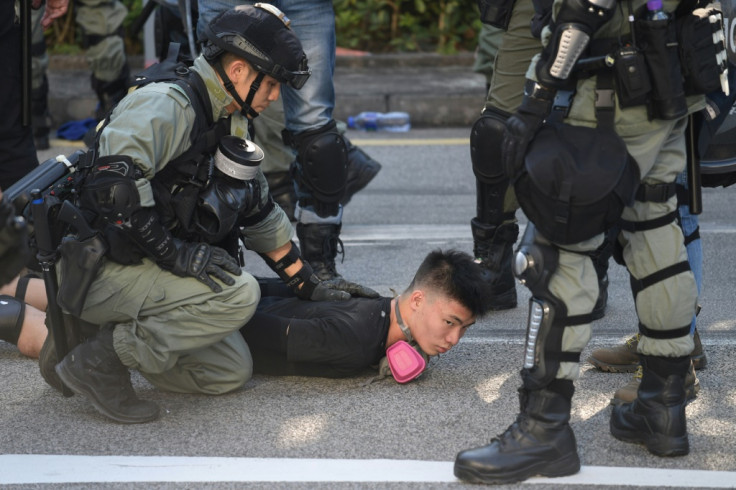Hong Kong Protests: Apple CEO Tim Cook defends removal of app used by protesters
The Chinese Communist Party had objected to the existence of the app in the app store.
Apple CEO Tim Cook, it apparently giving in to Chinese demands of removing apps used by pro-democracy protesters in Hong Kong. The company removed the HKmap.live app from its app store.
The app was used by protesters to track police movements inside Hong Kong. The fact came to light after the Communist Party of China owned newspaper China Daily accused the company of listing the app in its App Store.
Companies such as Twitter and Facebook have taken a stand against affecting the protests – they have even taken down accounts promoting anti-protester propaganda. But, Apple has much more at stake – China is one of the biggest markets where it sells hardware, while the social networks are not even allowed to operate in the country.
This may be the reason that Apple CEO Tim Cook circulated an internal memo calling the delisting of the app a "benign" step.
The memo accessed by Reuters reads, "It is no secret that technology can be used for good or for ill. This case is no different. This use put the app in violation of Hong Kong law. Similarly, widespread abuse clearly violates our App Store guidelines barring personal harm. National and international debates will outlive us all, and, while important, they do not govern the facts. In this case, we thoroughly reviewed them, and we believe this decision best protects our users."
Cook's assertion may be based on pressure from China though. Charles Mok, who is not only the developer of the app but also Hong Kong's IT legislator has stated that the app merely collates information from Facebook, Telegram and other sources. Since it is an open platform app, it doesn't seem believable that it would be easy to target individual officers on the app.
In fact, he goes ahead to assert that all the information on the 18 weeks protest is still available on the app and can be scanned to find whether there was any information targeting individual officers.
He calls the development "both sad and startling."

© Copyright IBTimes 2025. All rights reserved.





















